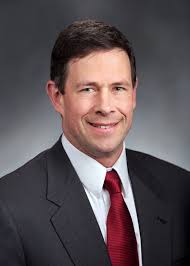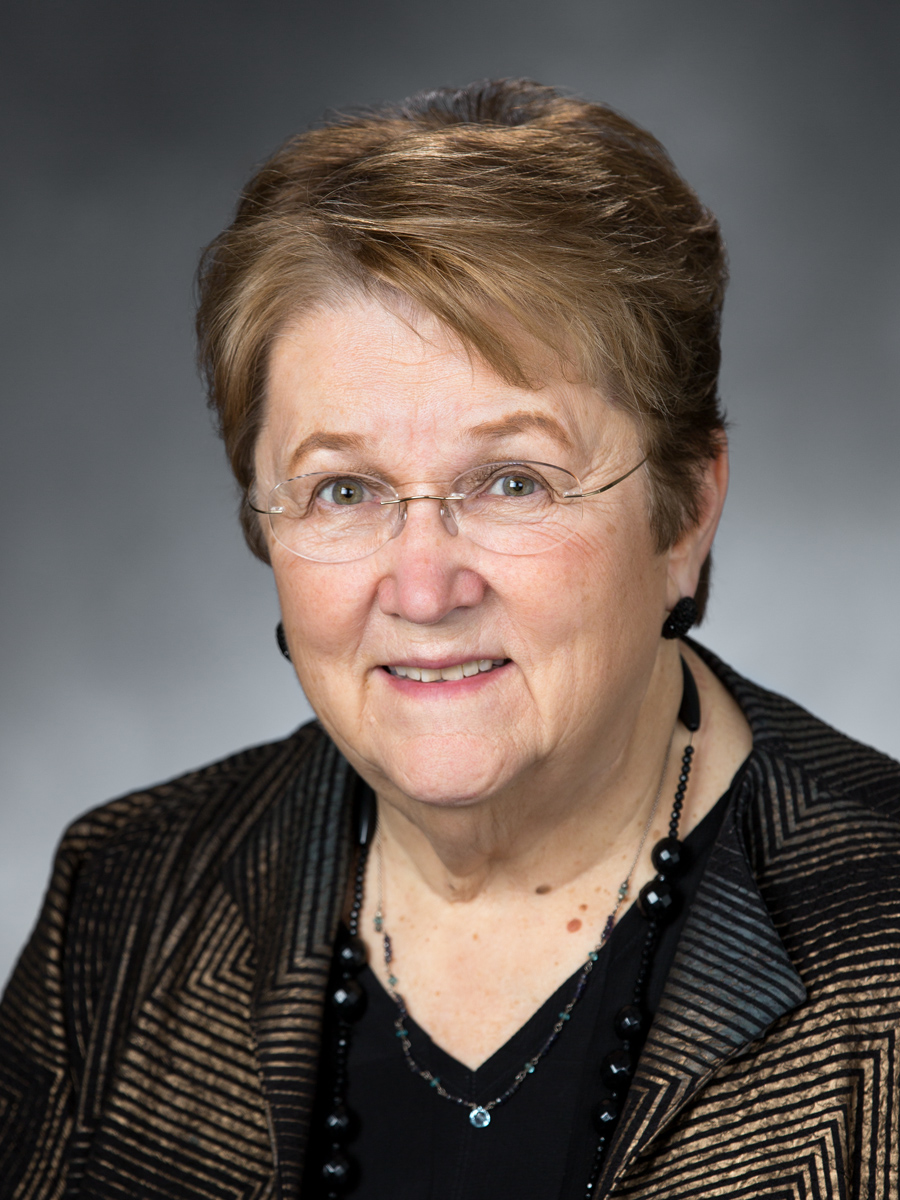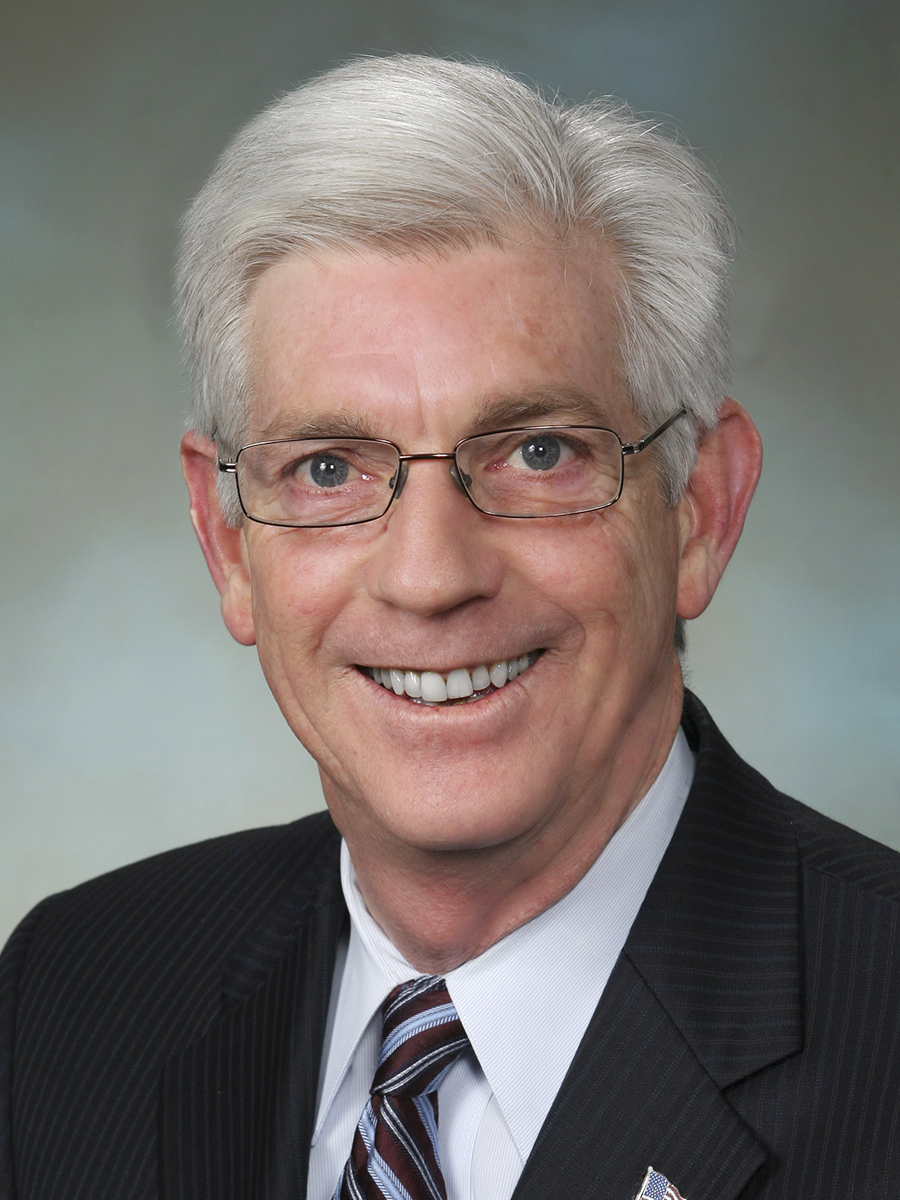The debate over Gov. Jay Inslee‘s proposed capital gains tax continued along party lines at Thursday’s Associated Press Legislative Preview event.
The tax was debated on a budget panel that included Rep. Ross Hunter (D-Medina), chairman of the House Appropriations Committee; Sen. Andy Hill (R-Redmond) chairman of the Senate Ways and Means Committee; Rep. Bruce Chandler (R-Granger), ranking Republican on the House Appropriations Committee; Sen. Karen Fraser (D-Olympia), member of the Senate Ways and Means Committee.
Inslee last month proposed a $39 billion 2015-17 budget that ends a number of tax breaks, charges carbon polluting companies and raises $800 million over two years through a proposed capital gains tax. The proposed capital gains tax would be 7 percent on money made from the sale of stocks and bonds above $25,000 for individuals and $50,000 for joint filers — which lawmakers say would affect the top 1 percent of earners in Washington state.
Inslee, in his Q&A session, defended his proposal of a capital gains tax, saying it gets the state closer to a system that can get the benefit of people earning more money without also increasing the tax burden on lower-income and middle-income earners.
“If we can tax higher income folks when they get capital gains, and not lower income folks when they buy a pair of shoes, that’s good,” he said.
“Whatever the concerns on the volatility of the capital gains tax, the alternative is zero,” Inslee said.

Hill criticized Inslee’s budget as perpetuating what he called a “deficit myth,” in which the only option was to raise taxes.
He said that because the state’s revenue has risen by more than 4 percent in each of the past two years, the state can continue its existing services and put an additional $1 billion in state education funding over two years.
“When I’m talking with business groups, I ask, ‘Would you like 4 percent growth year over year in this economy,’ ” he said. “I see nods. With some I see a little drool.”
“To say we have a huge budget problem, I think it’s meant to scare people,” Hill said. “The next step is you have to raise taxes.”
Hill also said that a capital gains tax is too unpredictable to be a reliable source of funding for school education, which was one of the requirements under the McCleary ruling.

Sen. Fraser criticized the idea that there is no need for new revenue.”The ‘deficit myth’ is a myth,” she said, pointing out that the 2013-15 budget didn’t cover everything that the state has to cover.
“Education is not the only mandate that the courts have made on the state budget,” she said.
Along with the State Supreme Court’s order that the state put more money toward basic education, the courts also ordered the state in August to stop the practice of boarding the mentally ill — that is, placing them in emergency rooms or other facilities when there is no room at psychiatric treatment facilities. The state ended that practice in December.

Chandler criticized the capital gains tax proposal, saying it could open the door towards an income tax.
“Some people yearn for an income tax,” Chandler said. “I think those numbers are very small.”
Chandler added that people in his district in Yakima County generally have not seen the kind of economic growth that the state has seen.
Chandler said the caucuses aren’t in disagreement with what the McCleary decision’s demands are, only in how the caucuses are prioritizing the demands.

“What parents want to know is will there kids be ready when they leave the school system,” he said. That’s where the legislature should focus “rather than be preoccupied with the specific amount of money, or the anxiety by the court (ruling).”
Rep. Ross Hunter said the capital gains tax is a way to bring the state’s tax burden away from lower- and middle-income earners, who pay a higher percentage of their incomes than higher income taxpayers in sales, property and B&O taxes.
“A capital gains tax is a reasonable response given our existing tax code,” Hunter said.
Hunter said funding the class size initiative could cost the state $6 billion, which will force the caucuses to compromise with each other.
“I don’t have the votes for $6 billion in revenue, and he (Hill) doesn’t have the votes for $6 billion in cuts,” he said.
You can watch the budget panel on the web in TVW’s archives.